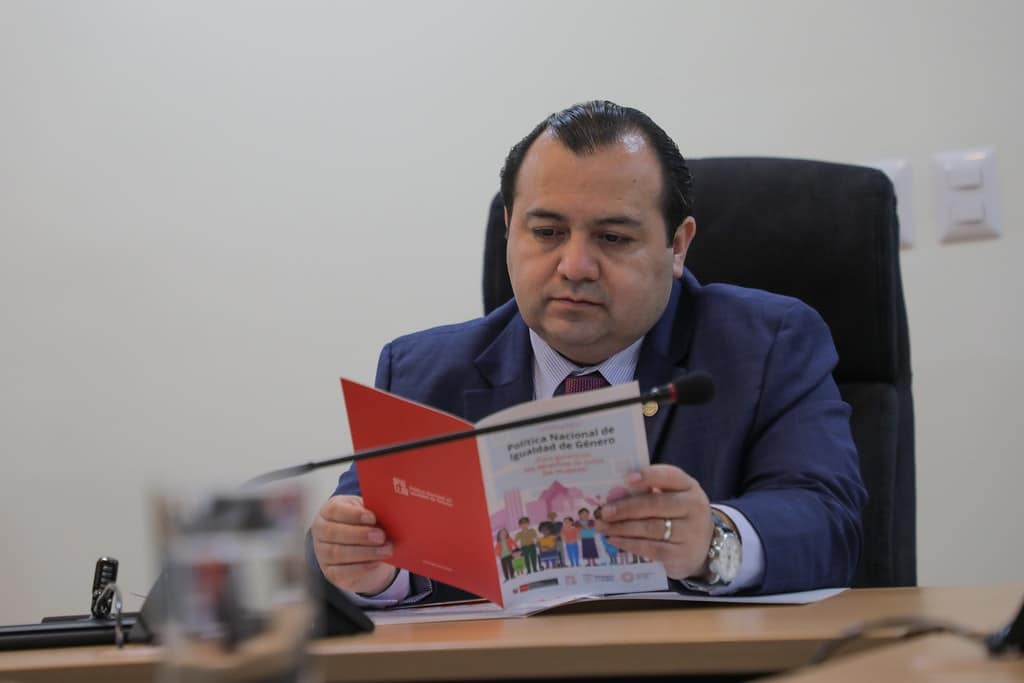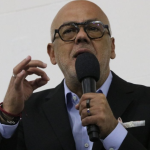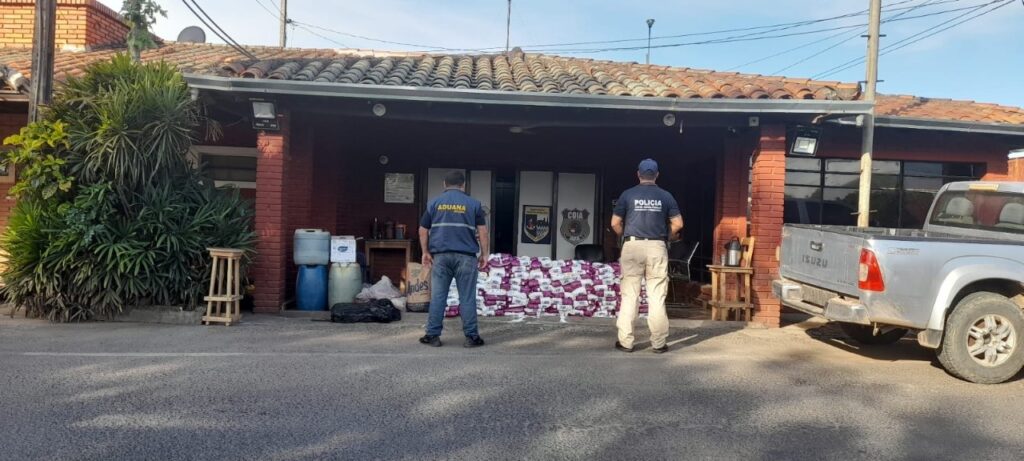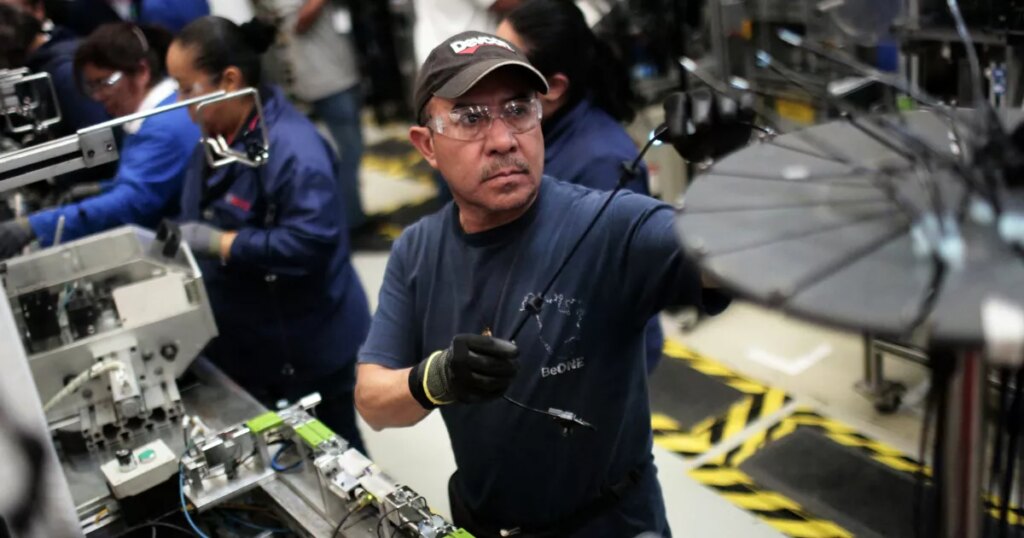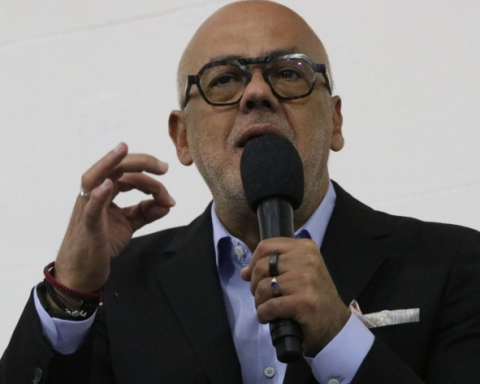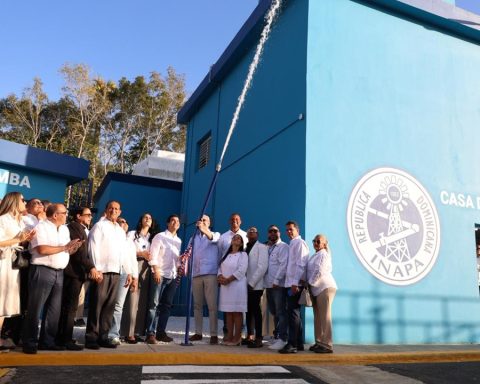The citizens of Nicaragua, Venezuela and Cuba live under a regime of “total repression”, where political prisoners are treated as “enemies”, warned Commissioner Edgar Stuardo Ralón Orellana, first vice president of the Inter-American Commission on Human Rights (IACHR). and rapporteur on the rights of prisoners.
Ralon Orellana demanded, in an interview on the program Tonight, the freedom of the prisoners of conscience in the three countries, because they have not committed crimes. According to the IACHR, in these three nations there were 1,467 prisoners of liberty for political reasons, until the end of December 2022.
The commissioner is a Guatemalan lawyer specializing in constitutional matters. He has 20 years of experience. In the conversation with the journalist Cindy Regidor, which was broadcast through social networks and YouTube, he addressed the ban on reading and writing in the El Chipote police prison in Managua.
“There is cruel, inhuman, degrading treatment, torture and finding material or having reading material is obviously not within the scheme of these repression centers, rather than detention,” the lawyer said, referring to El Chipote.
Is there any international standard on the right of prisoners to have access to reading and writing in prison?
Yes, there is a regulation. There are the principles and good practices for the protection of persons deprived of liberty. Number 13 establishes that there may be libraries, newspapers, educational magazines and on that basis there is also another international standard, which are the United Nations minimum rules for the treatment of prisoners known as the Mandela rules, which in number 14 establishes that they can have that reading material.
Let us remember that the purpose of the State guaranteeing life, the integrity of the person, also extends to generating conditions for social reintegration and reading is a basic element.
Is the right to read and write allowed in Latin American prison systems?
Yes, it is generally allowed. In fact, as a rapporteur for people deprived of liberty, I have visited different prisons in Chile, Ecuador, in various countries in the region and something that is general is finding reading material, in the places, in the cells of the inmates, who, On this basis, they try to carry out some type of program for reincorporation or social reintegration.
In which countries or prison systems is a ban on reading and writing imposed?
There is a regime of total repression in Cuba, in Venezuela and recently also in Nicaragua. Normally in these regimes where there is authoritarianism, where there is no democracy, obviously the detainees are treated as enemies of the system: of the single party or the dominant party and, on that basis, because many rights are injured as enemies.
We could say that many detention centers are contrary to international standards: there is cruel, inhuman, degrading treatment, torture, and finding material or having reading material is obviously not within the scheme of these repression centers, more than of detention.
In those countries, is this ban made temporary or permanent?
In these three countries, despite the fact that the Commission has requested it, they are not allowed to enter, so we collect testimonies from relatives of people who are detained, they tell us about the difficult situation in which the visits that are made are very sporadic. allows them.
They live in tremendous anguish and every time they can talk to their relatives they talk about these repressive treatments where they are obviously surviving the mistreatment they receive in detention centers. And it is not at all a subject where there is some reading material—a vision of social reintegration—but rather it is the apparatus of systematic violations of the human rights of people, most of them political prisoners.
Can these prisons where reading and writing are prohibited be defined as solitary confinement or punishment or even torture?
Yes, they can be defined that way, there are some patterns that occur in this type of detention centers that have been shown to us, as I said, by testimonies from relatives, where there is little natural light, where there is overcrowding, where there are beatings where there are not even food, water, they are kept in a totally undignified situation with cruel treatment of detainees.
What is the purpose of this ban?
There are different impacts. Perhaps the first: the staff of those who suffer from it when there is an isolation regime of not being able to read, communicate, see sunlight, there is a great affectation on the mental health of the person who is detained, where it even begins to doubt his own person of what is happening outside there is a delusion and he begins to have a problem to recognize the reality or the context by which he got there.
And it is a way of a very great psychological damage and the other effect also occurs with respect to the relatives, because the object is to instill fear, silence, dissident voices that something like saying if you think differently from the regime, a severe treatment can happen to you .
You mentioned the Nelson Mandela rules where it is stated that inmates are authorized to communicate periodically with their families by means of written correspondence, electronic means, visits, and you also mentioned the part of the impact on the family, how does isolation affect this?
The emotional impact of a person who ends up being detained in these conditions is that normally, if reading is prohibited in a detention center, there are other types of cruel treatment (…) They are trying to get rid of their normal personality and to start doubting the very reality they are living, they are torture conditions themselves and these are the strongest affectations regarding a person who suffers these treatments.
As a rapporteur for people deprived of liberty, I have had to listen to testimonies from relatives whose political prisoners are either in Cuba or Nicaragua or Venezuela and this is dramatic that we are talking about, because it is the daily life of some people who are suffering for having expressed a different opinion than shift regimen.
The wife of Félix Maradiaga, a Nicaraguan political prisoner, has been requesting a Bible for her husband for a year and a half. Is there any justification for not being allowed to read it?
There is no justification for the fact that a person is detained because that limits their freedom in terms of movement, but it does not detach them from other rights that are inherent to every person.
A right that corresponds to them for being people is religious freedom, of creed, worship and in that religious freedom the moment that a person cannot reach a Bible, that he cannot reach the word in which he believes, in the religious sphere is harming another inherent right and that added to cruel treatment, there is a clear violation of religious freedom.
Do you know if this reading and writing ban is applied in prison systems in other countries in the world I don’t know Russia or China or Saudi Arabia, North Korea Iran?
The most recent information for the activity that I carry out is in Latin America: Cuba, Venezuela and Nicaragua, but normally when there are authoritarian regimes, obviously it can occur in other places. I would not dare to list, but I would list those three elements from the region.
Are there cases similar to the one in Nicaragua that have been formally presented before the Inter-American Commission or even before the Inter-American Court?
Yes, there are cases of political prisoners that have been presented before the Inter-American Commission, normally when they are presented what is requested is a precautionary measure and that the State guarantee the life and personal integrity of that person. And there are also constant petitions and the Commission does so, both to those petitions and ex officio to demand the release of political prisoners in Nicaragua. It has been done in Cuba and Venezuela.
The authorities in Nicaragua have not allowed the entry of international human rights organizations for years. How do you think this impediment could affect the current situation of prisoners of conscience?
Nicaragua’s position has been one of isolation, of separating from the Inter-American System, of not attending the hearings to which it is invited. When a State does not participate and isolates itself, the message it sends is that it is not willing to scrutiny or accountability, which is typical of a democracy. This is an attitude that is detrimental to people who may suffer abuses and human rights violations, because there is simply no possibility of scrutiny, of being able to assume international obligations so that these behaviors are not repeated or stopped.
What is your call to the authorities in Nicaragua that prevent 59 prisoners of conscience from reading or writing in their cells?
The call is for the release of political prisoners and prisoners of conscience, immediate release because they should never have been detained for having a different opinion from the regime. The freedom to express thought, which is also an inherent right of the person, is in a valid democracy, not for having a different opinion they are going to lock me up in a prison, and on that basis is the liberation. The other thing is to make visible that cruel, inhuman, degrading treatment is given, prohibitions to have a Bible, to write and read, are aspects of repression that affect the mental health of detainees and that violate religious freedom.
